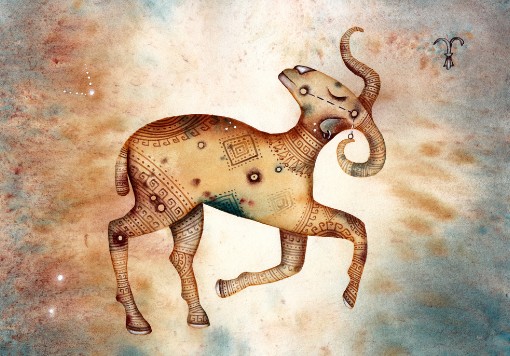Facts in Judaism
The Month of Nissan: Everything You Ever Wanted to Know
An in-depth look at the significance, symbolism, and spiritual essence of the Jewish month of Nissan

- The month of Nissan is the seventh month on the Jewish calendar if the months are counted from Creation and the first month according to the Torah's count, which begins with the Egyptian exodus: "This month shall be unto you the beginning of months; it shall be the first month of the year to you."
- The original name of the month was "the month of spring" since crops ripen at this time of year.
- Like the other months on the Jewish calendar, the name "Nissan" became prevalent at the beginning of the Second Temple period, when the Jews returned from the Babylonian exile.
- The month of "Nissan" is mentioned for the first time in the Book of Esther: "In the first month, that is, the month Nissan, in the twelfth year of King Ahasuerus, they cast a pur, that is, the lot." It is also referenced in the Book of Nehemiah: "And it came to pass in the month of Nissan, in the twentieth year of King Artaxerxes."
- Nissan is actually the word for buds in Akkadian.
 'Bud' that blooms in spring
'Bud' that blooms in spring- Some say that in Akkadian, Nissan means the "month of military men," because it's a time when soldiers often go out, since the winter rains have ended, and there is plenty of food in the fields for horses and cattle.
- The Sages note that the month of Nissan alludes to the Hebrew word for miracle (nes) on account of the many miracles performed for Israel at this time, specifically the Egyptian exodus. Some also note that Nissan alludes to the Hebrew word for test (nes), since the Jewish people were tested at Marah at this time of year.
- The month of Nissan is always a full lunar month (with 30 days).
- According to Rabbi Yehoshua, the world was created in the month of Nissan, this month is the month of redemption, and in the future we will be redeemed in Nissan. "In Nissan they were redeemed, in Nissan they are destined to be redeemed."
- Rosh Chodesh Nissan can only fall on Sunday, Tuesday, Thursday, or Shabbat.
- The Tachanun prayer is not recited for the entire month of Nissan. The first twelve days of the month are a celebratory time since the tribal leaders offered their sacrifices at this time when the Mishkan was inaugurated. Pesach begins shortly after these twelve days, and Tachanun is not recited on holidays. Since Tachanun is not said on most days of the month, it is skipped entirely.
- The "Blessing of the Trees" can be recited in the month of Nissan.
- The "Blessing of the Sun" is recited in the month of Nissan, once every 28 years.
The Zodiac Sign of the Month
- The zodiac sign of the month of Nissan is "Aries" (the ram), which alludes to the paschal lamb that is offered on Pesach (which falls in Nissan).
- The ram is the first of all the zodiac signs, just like the month of Nissan is the head of all the months.
- The ram was the idol of the ancient Egyptians, and the Jewish people nullified their power by slaughtering their idol.
- The Zohar notes that the zodiac sign of the month of Nissan is the zodiac sign of Avraham.
- The Arizal explains that the month of Nissan corresponds to the skull of the head, which alludes to the beginning of the building of the year.
 Aries zodiac sign
Aries zodiac sign
The Month of Nissan in Hassidism
The month of Nissan corresponds to the power of faith, and the entire month is characterized by faith in Divine Providence, both in the natural world and in things that defy the natural order of the world.
The Zohar refers to matzah as the "food of faith."
According to Hasidic teachings, faith is found in the heart of every Jewish person. A Jew is born with faith, and it is as natural to him as a child's natural love for his parents. Every Jew has a soul that is a part of Hashem, and his soul naturally feels connected to Hashem and longs to cling to Him as an extension of his faith.
However, when a person is immersed in the vanities of the world and his mind becomes confused, he distances himself from the faith. In fact, he mistakenly thinks that there is no faith in his heart because he did not allow his faith to be manifested. When a Jew finds himself in challenging situations, such as war or accidents, his faith comes to the surface, even if he is not connected to Torah and mitzvot. His faith burns deep in his heart and seeks the opportunity to express itself.

